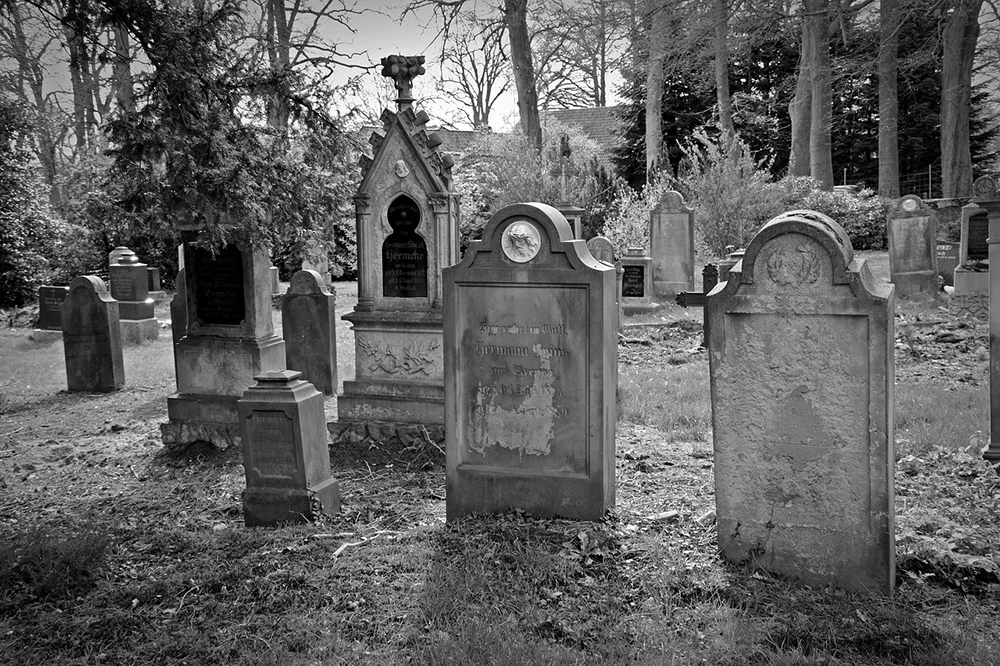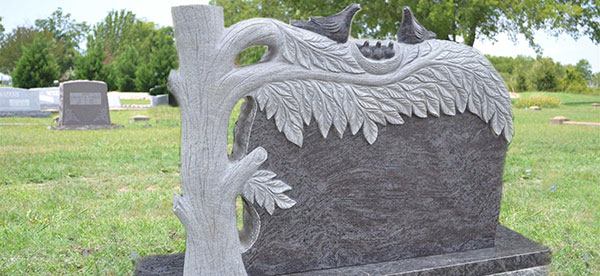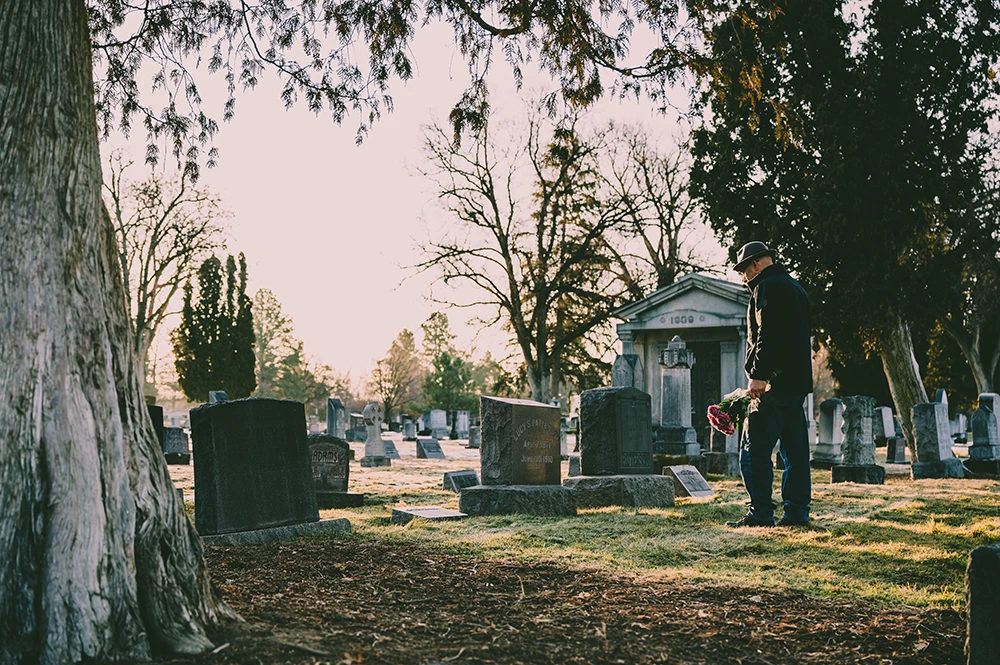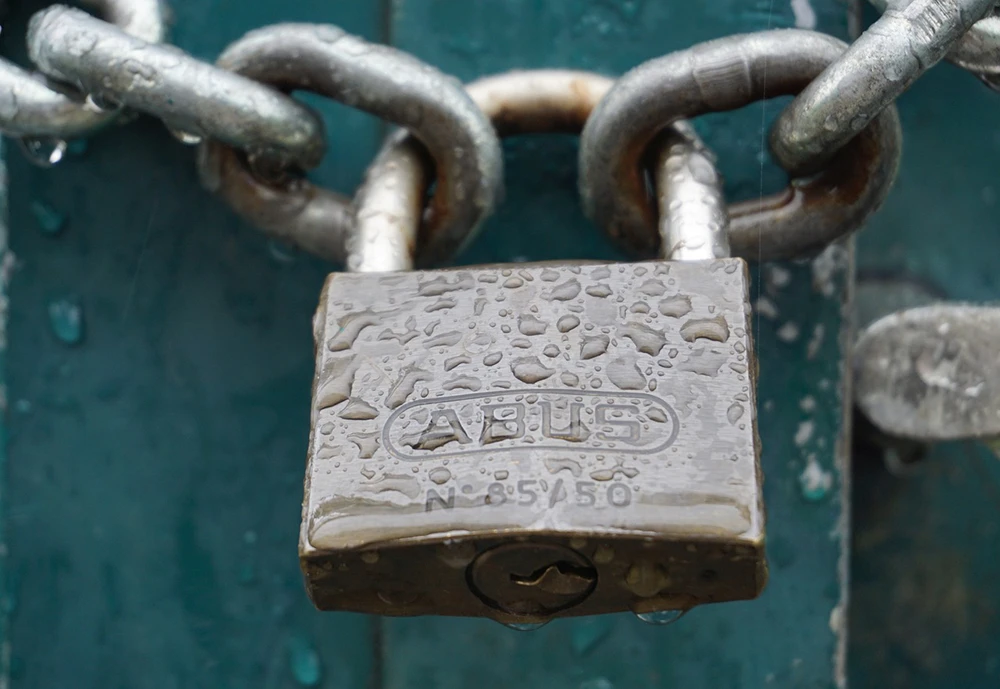Once you die, there will be a person who is responsible for overseeing your estate and ensuring that your property and belongings are distributed to your beneficiaries according to your wishes outlined in your will.
This person is known as an executor of your will or a personal representative of your will. They are also responsible for paying any outstanding debt or taxes in regards to your estate.
Depending on how complex your estate is, the job of your executor may be brief but in some circumstances, it can be a lengthy process.
Why You Should Choose an Executor
In the event of your death, it would be a stressful and detrimental decision to release your estate to the courts and provide them with the opportunity to delegate your estate and your belongings.
This is due to the fact that your final wishes may not include your closest living relative.
With the help of an executor, you will be able to choose who you want to receive specific parts of your property and your estate.
Plus, an executor can be a useful person to ensure that all of your final wishes are followed.
One of the main reasons as to why an individual will want to choose an executor is if they have children or special belongings that they have promised to specific people in their family.
The executor helps to ensure that the children are raised by the appropriate guardian and that your belongings are received by the correct party.
How to Choose an Executor

There are many factors that you will want to take into consideration when you are naming an executor.
You will want to choose someone who is close to you and that you know extremely well. It is imperative that you have the utmost amount of trust in them to ensure that they sufficiently carry out your wishes.
It is also important that you choose a knowledgeable and fair individual so that they can fight for specific components of your will, if necessary.
Choosing a Successor Executor
This is essentially your backup Executor. Considering that once you die, you won’t be able to ensure that all of your affairs are taken care of and that you have a plan B in place, it is advised that you consider naming a successor executor.
These individuals are also known as successor representatives.
If your first executor is unable to ensure that your wishes are followed for whatever reason, the successor executor will take control of the process.
When you are looking to choose a successor executor, ensure that they are as reliable and trustworthy as your first executor.










